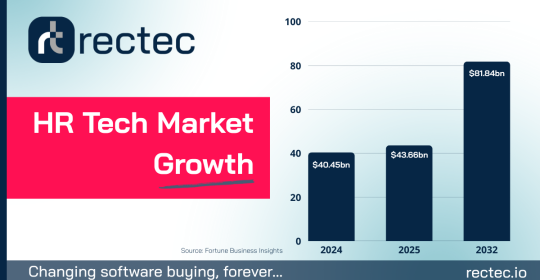Organisations on both sides of the Atlantic need more engaging and measurable ways if they are to equip colleagues with crucial soft skills needed for success in the fast-evolving digital workplace. This is according to a new survey by global learning and talent development provider Hemsley Fraser.
The survey - of Learning & Development (L&D) and HR teams at 750 UK and US organisations - found that developing soft/human skills, such as leadership, critical thinking and resilience, topped the list of learning advances that professionals want to see (62%), appreciably ahead of better employee assessment metrics (52%).
The findings echo the World Economic Forum’s Future of Jobs report demonstrating that soft skills were key for the future of work with most people needing to reskill by 2027.
Hemsley’s survey finds most organisations now favour half a dozen learning strategies to balance human-centric learning with the broad content options and flexibility of digital tools. Large majorities use in-person, blended learning, online content library, virtual instructor-led training and learning hub portals, and free online resources. Social/peer learning was also used by more than half of the survey.
Generative AI is already being adopted by sizeable minorities for specific aspects of learning, with 31% of respondents overall using AI for learning personalisation, and similar numbers for simulations (28%) and content curation (28%). US respondents appear ahead of their UK counterparts with a striking 39% saying they used AI for personalising learners’ content.
Hybrid work environments and digital learning platforms’ rapid expansion are posing questions over learners’ ability to stay motivated. L&D teams’ top three challenges were engaging learners and stakeholders, budgetary and resource constraints, and adapting to technology advancements.
Other responses suggest that L&D teams want optimal results from their L&D investments. Asked what would accelerate their learning programmes’ impacts, respondents said better alignment with corporate goals (60%), better communication / engagement strategies 60%, better learner experiences (50%) and better measurement of learning impact (48%).
Lynsey Whitmarsh, CEO at Hemsley Fraser, said: “UK and US companies alike need smarter ways to equip their leaders and employees with crucial human skills, so they are ready for tomorrow’s world of work. While learning professionals sensibly invested in learning tools to accommodate hybrid working arrangements and their complex, ‘in-the-flow of work’ learning habits, they are now looking to refine their L&D programmes with human-centric learning to boost learners’ motivation and completion of learning programmes by several notches.
“As part of this optimisation of companies’ learning strategies, L&D teams also want better and more systematic metrics to support their learning strategies; they have to better demonstrate to C-level executives and colleagues that L&D programmes are helping deliver corporate goals, whether business goals, employee self-fulfilment and talent acquisition and retention.”
The full survey is available at: https://www.hemsleyfraser.com/en-gb/impact-2024






